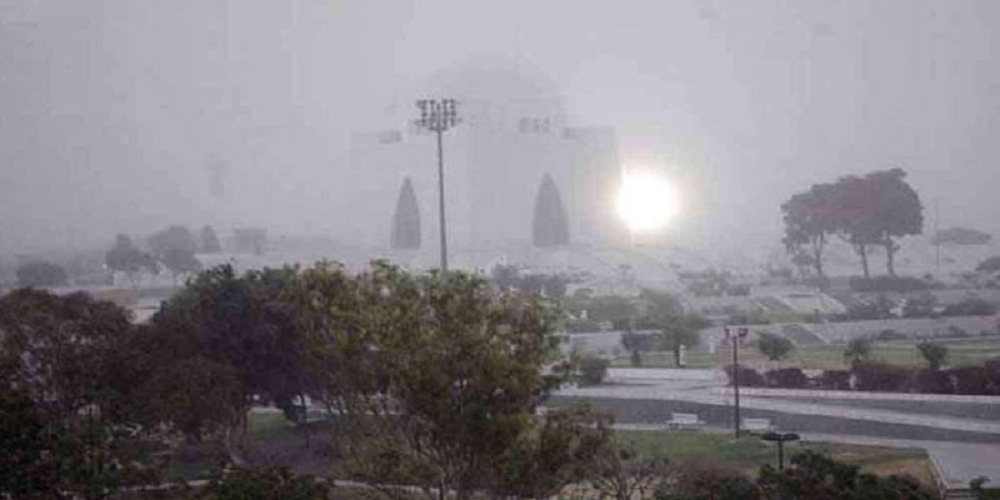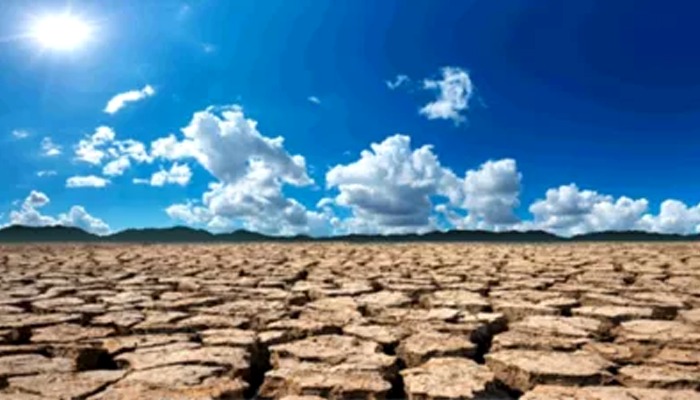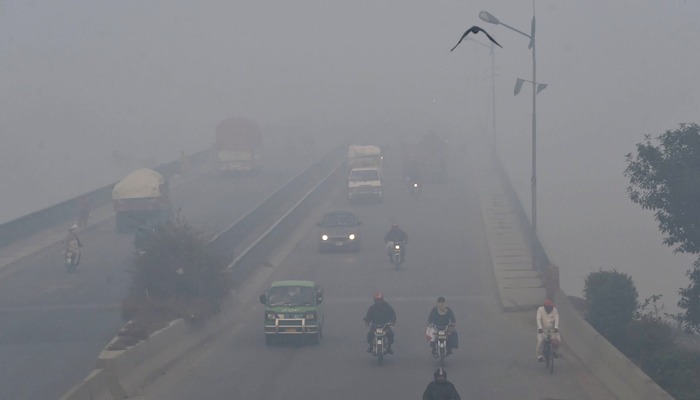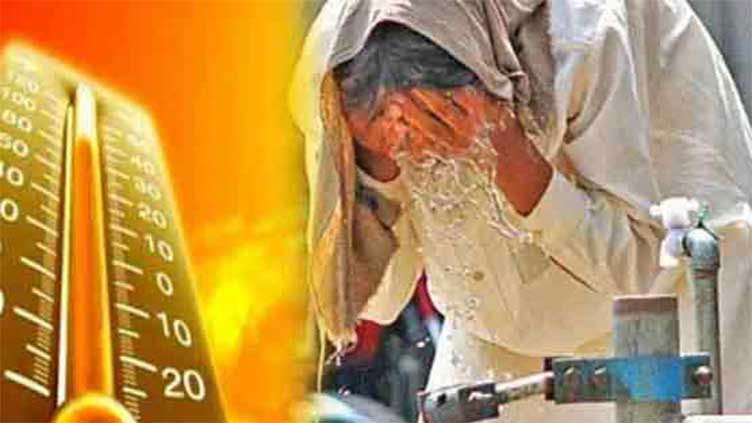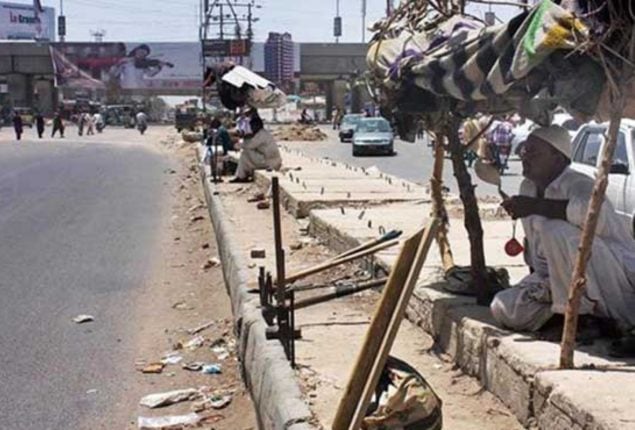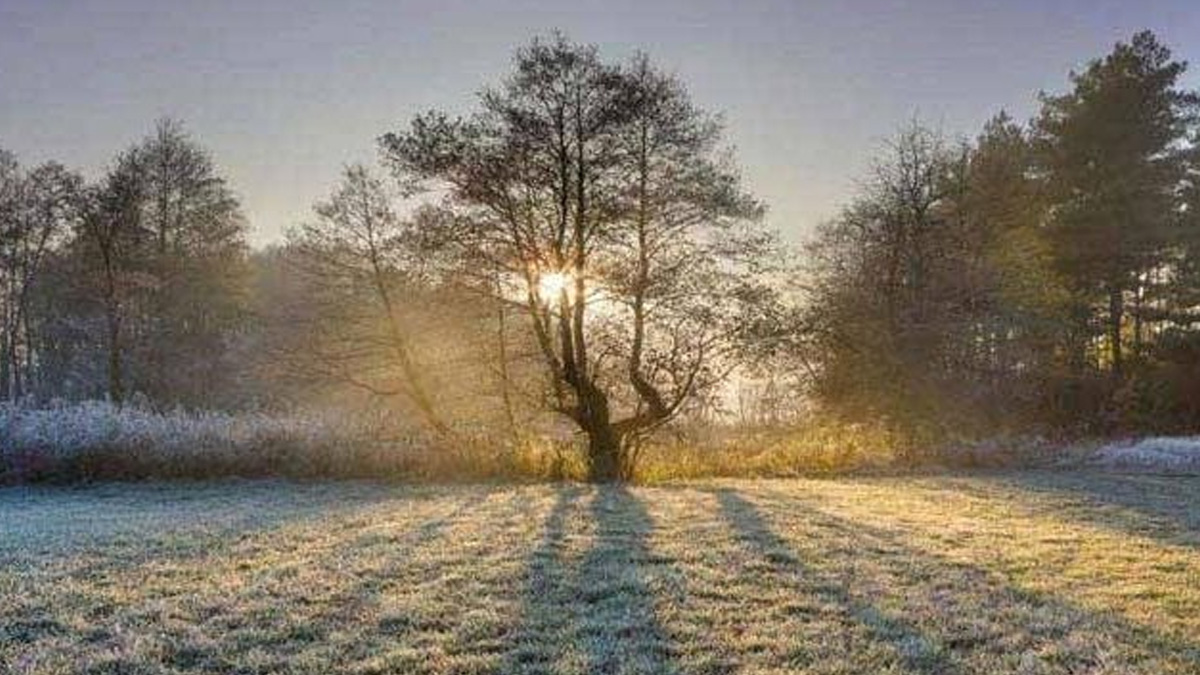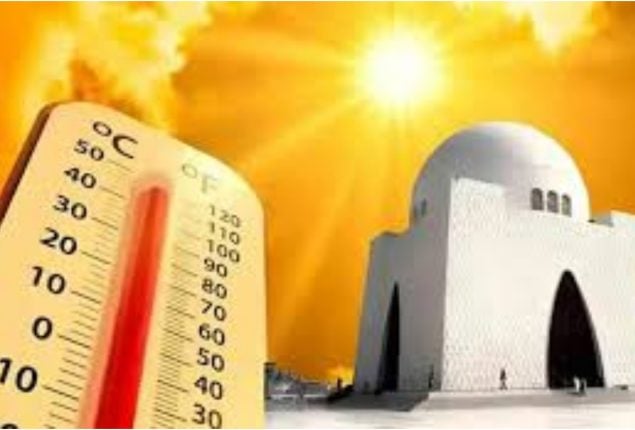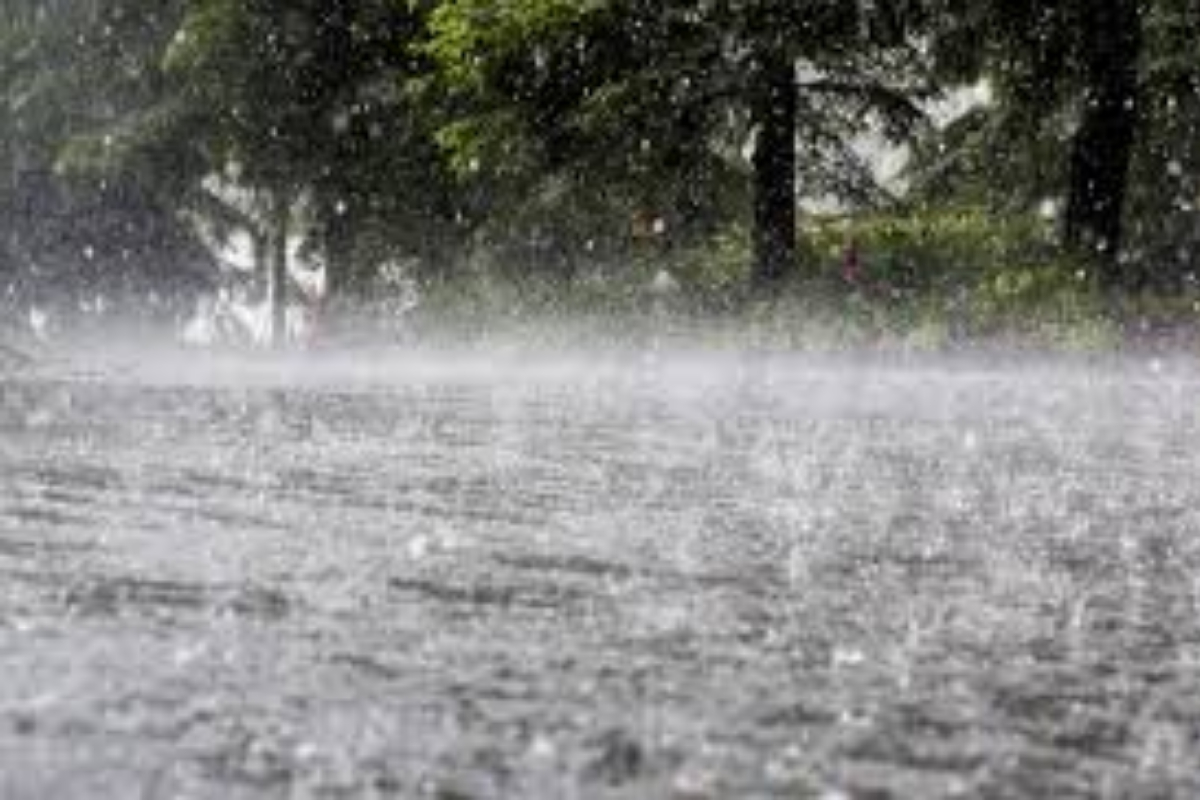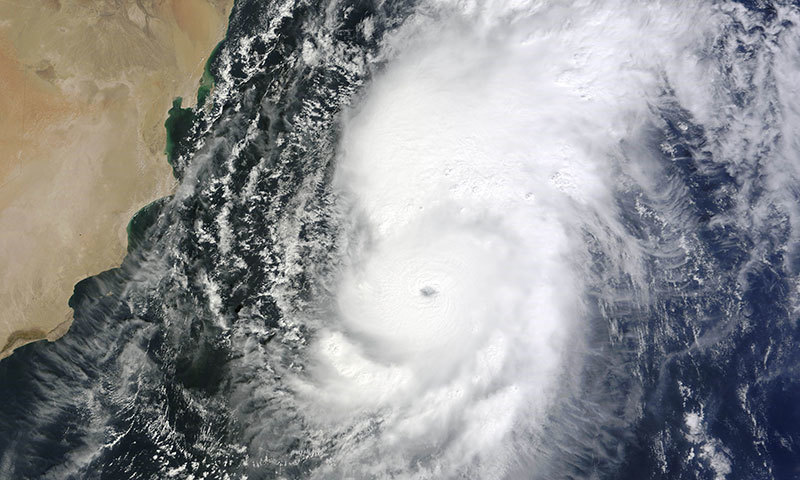Weather will remain dry in most parts of the country whereas rainy weather will prevail in upper areas.
Meteorological Department of Pakistan predicts dry and sunny weather in several parts of the country including Islamabad and Rawalpindi. The atmosphere will remain sunny and clear.
However, upper areas of Pakistan including Gilgit Baltistan and Kashmir are likely to have rainy season today.
Note that 34 inches of snowfall was recorded in Malam Jabba, 14 inches in Kalam and 3 inches of snowfall was recorded in Murree in the last 24 hours.
According to the Met department, the minimum temperatures recorded in the last 24 hours (in Degrees Celsius) were Kalam (-4), Kalat (-3), Malam Jabba (-2), Parachinar and Murree (-1).
Apart from that, rainfall recorded in different areas (in mm) in the last 24 hours were Malam Jabba (112), Balakot (33), Kalam (30), Saidu Sharif (29), Kakol (26), Der (23-24), Peshawar (24, Takht Bai (14), Para Chinar (12), Darosh (8), Mir Khani, Chitral (5), Muzaffarabad (28-47), Rawalkot (41), Kotli (28), Attock (42), Murree (30), Chakwal (25), Jhelum (24), Jhelum (24), Islamabad (11-17), Rawalpindi (10), and Gujranwala (3).
Half of beaches in world would wipe out by 2100, report warns
A new study revealed that half of beaches in the world would wipe out by 2100 due to severe climatic changes.
The report published in journal Nature Climate Change, said Climate change and sea level rise are currently on track to wipe out half the world’s sandy beaches by 2100.
The report said even if humanity sharply reduces the fossil fuel pollution that drives global warming, more than a third of the planet’s sandy shorelines could disappear by then,
This would cripple coastal tourism in countries, large and small.
Lead author Michalis Vousdoukas, a researcher at the European Commission’s Joint Research Center also briefed,


